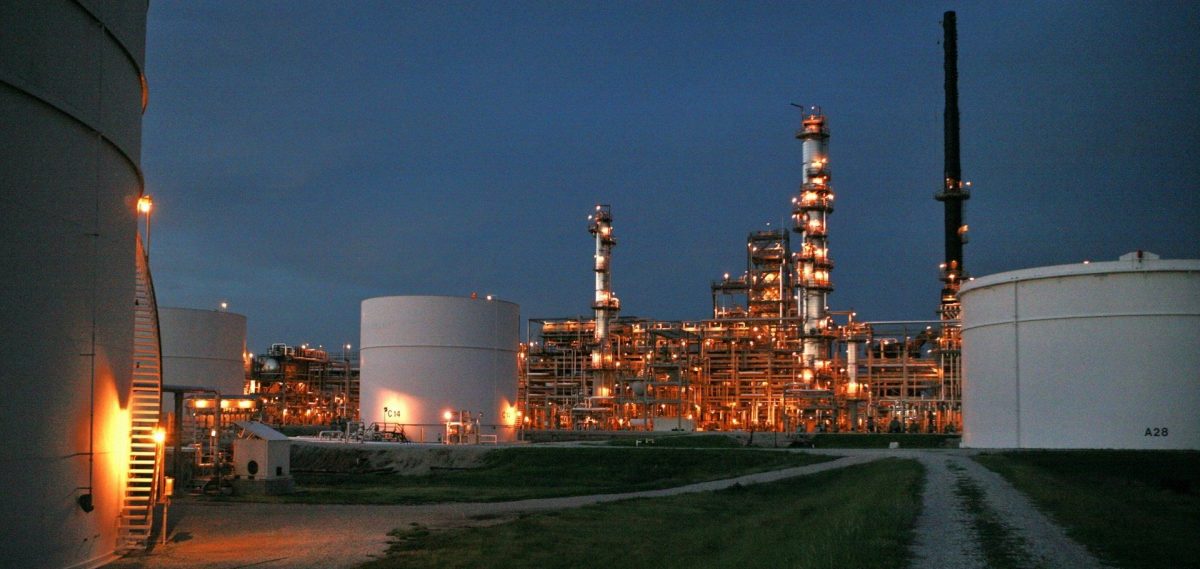What is the current market price of Nigeria’s Bonny Light?
The price of Bonny Light, Nigeria’s premium oil grade is currently hovering at $16.94 per barrel in the international market.
Why the sudden rise in price, barely a week after it had dropped to as low as $5.30 per barrel?
The price is mainly driven by ‘artificial demand’ caused by efforts of some countries, especially China and United States to stockpile cheap oil for various purposes.
Why are these countries stockpiling the cheap oil?
Oil can be stockpiled for many reasons, including business and building of strategic reserves, which could be utilised to meet future demand or even released into the market to achieve pre-determined national interest.
How comfortable is the Federal Government of Nigeria with the current price?
No, it is not, apparently because the 2020 budget was first benchmarked on $57 and 2.3 million barrels per day, mb/d output, and later reduced to $30 and 1.42 mb/d because of the negative impact of Coronavirus pandemic. Relevant government agencies are currently watching and looking forward to a possible leap in price.
Will it ever rise to the $30 and above?
Certainly, it will not be within a very short period because of the impact of the pandemic. Nevertheless, oil price could hit $30 and above when a lasting solution would have been found to the pandemic.
Should we expect oil price to ever hit the pre-pandemic $60 regime?
As far as the pandemic remains, it would not be possible for the price to rise to that level. However, it is a possibility much later when major oil consuming countries, including China, accounting for about one third of the global demand growth would have completed the process of rebuilding their economies.
Can you provide further explanation?
The pandemic culminated in the shutdown of the domestic economies of many nations as well as global economy, which are mainly driven by oil-related fuels. This means that to reverse the trend, we need to conquer it before restreaming operations in many sectors, including manufacturing, transportation, agriculture, tourism, banking, education and Real Estate that oil-related fuels for operations. It is the collective activities in these and other sectors at the post COVID-19 era that would determine demand, and by extension oil price.
Why can’t the Organisation of Petroleum Exporting Countries, OPEC, which Nigeria is a member fix the price to enable its members make more money?
The organisation cannot fix price because other countries, other than its members, such as United States and Russia also produce and export commercial oil to the global market.Close
Why can’t OPEC members embark on a ‘deep oil cut’ in order to cause shortage, thus influencing price?
It cannot do that because it is not a cartel. In other words, non-OPEC producers also control much oil, meaning that the cooperation of all stakeholders is key.
With its ‘minor cuts’ do we still have much excess oil in the market?
Yes, we still have much excess oil left in the market, despite the decision of OPEC members to adjust downwards their overall crude oil production by 9.7 mb/d, starting on 1 May 2020, for an initial period of two months that concludes on 30 June 2020.
However, the situation can change in the coming months. Remember, OPEC had also decided for the subsequent period of six months, from 1 July 2020 to 31 December 2020, to cut 7.7 mb/d, which will be followed by a 5.8 mb/d adjustment for a period of 16 months, from 1 January 2021 to 30 April 2022.
What should Nigeria and others do to support OPEC at this time?
First, Nigeria should respect its OPEC quota as provided by OPEC. Second, Nigeria and others should also work with OPEC, currently engaging with relevant stakeholders, including non-OPEC producers and consumers for a reason. Everyone is important.
As a nation, what should Nigeria be planning to do as part of its post COVID-19 economic reconstruction programme?
The government needs to be less dependent on using the price of oil to define its budget. It should take practical steps in rebuilding its economy away from oil.
Vanguard
Read the original article on Vanguard.
